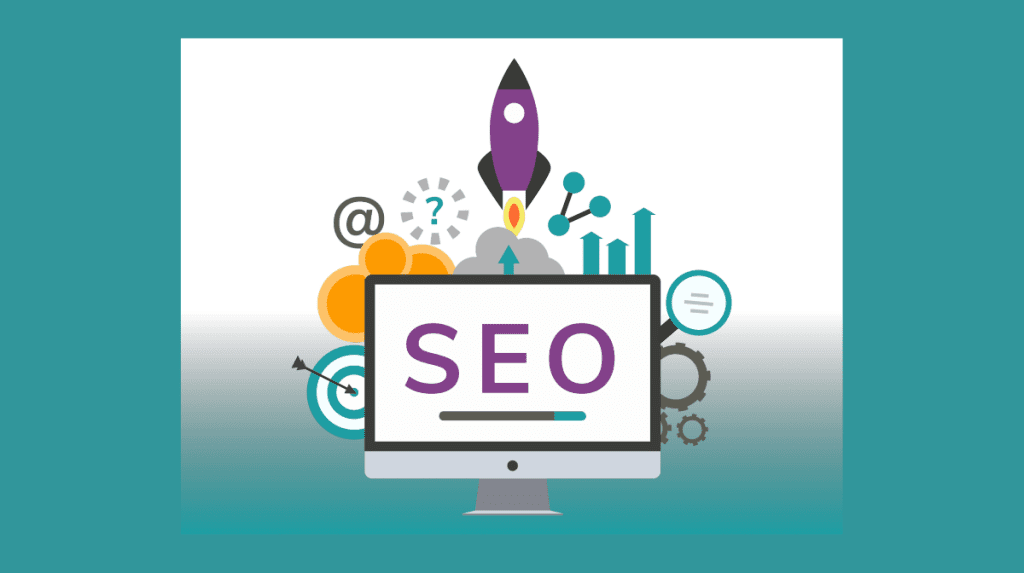In the digital landscape, WordPress has evolved from a simple blogging platform to a powerful content management system, enabling users to create dynamic websites, engaging blogs, and robust e-commerce platforms. However, the success of your WordPress site hinges on its ability to attract and retain visitors, which heavily depends on two critical factors: site speed and technical SEO.
Let’s start in more detail about the technical SEO aspects discussed in the transcript for WordPress websites:
Configuring WordPress for Optimal Speed:
Site speed is a critical factor for SEO, as it affects user experience and search rankings. To optimize speed, the speaker recommends the following steps:
Caching:
Using the W3 Total Cache plugin, caching can be enabled to create static versions of posts and pages. These static versions load faster in browsers, resulting in improved performance.
Compression: The Short Pixel plugin automatically compresses and optimizes images upon upload, reducing their size without compromising quality.
CDNs (Content Delivery Networks):
Utilizing a CDN helps distribute website content to multiple servers worldwide, reducing latency and speeding up page loading for users from different locations.
Minification: Minifying HTML, CSS, and JavaScript files removes unnecessary characters, reducing their file size and enhancing site speed.
Monitoring and Analyzing Site Speed:
Regularly monitoring site speed is crucial to identify and address slow-loading pages. The speaker suggests using tools like HRF Site Audit and Google Page Speed Insights. These tools offer performance reports, load time metrics, and optimization suggestions for individual pages.
Internal Linking for SEO:
Internal linking helps improve website structure, user navigation, and search engine rankings. The speaker recommends using Data Explorer to identify pages with few internal links and suggests adding relevant internal links to important posts. Installing a popular articles widget can further enhance internal linking by promoting high-converting or high-ranking pages.
Handling Duplicate Content:
Duplicate content can harm SEO by diluting search rankings and causing indexing issues. The Yoast SEO plugin is essential for handling indexation effectively. The speaker advises configuring the plugin’s meta-robot settings for pages, posts, and media pages. Considerations are given to whether to index tags and categories, depending on their value for SEO.

Advanced Indexation with Yoast SEO:
The Yoast SEO plugin allows advanced indexation control for specific pages or posts. This feature is helpful when you want to exclude certain pages from Google’s index, such as landing pages used for split testing or private content not intended for public visibility.
Monitoring Duplicate Content:
The HRF Site Audit’s Content Quality Report is a valuable tool to identify duplicate pages on the website. It differentiates between green clusters (matching canonical) and bad duplicates (canonical not set), enabling webmasters to take appropriate action to rectify duplicate content issues.
By implementing these SEO strategies, WordPress website owners can significantly enhance their site speed, user experience, and search engine rankings. it’s important to continuously monitor and optimize the website’s performance for sustainable and long-term success in the competitive digital world.
Frequently Asked Questions (FAQs)
Why is website speed important for a WordPress site?
Website speed significantly impacts user experience and search engine rankings. Faster sites lead to better user engagement, higher conversion rates, and improved SEO performance.
What are some common factors that can slow down a WordPress website?
Several factors can contribute to slow loading times, including large image sizes, too many plugins, outdated themes, and poor web hosting.
How can I measure my WordPress website’s speed?
There are various online tools like Google PageSpeed Insights, GTmetrix, and Pingdom that can analyze your site’s speed and provide valuable insights.
What are caching plugins, and how do they enhance speed?
Caching plugins save static versions of your site’s pages, reducing server load and decreasing loading times for returning visitors.
Related Articles:









